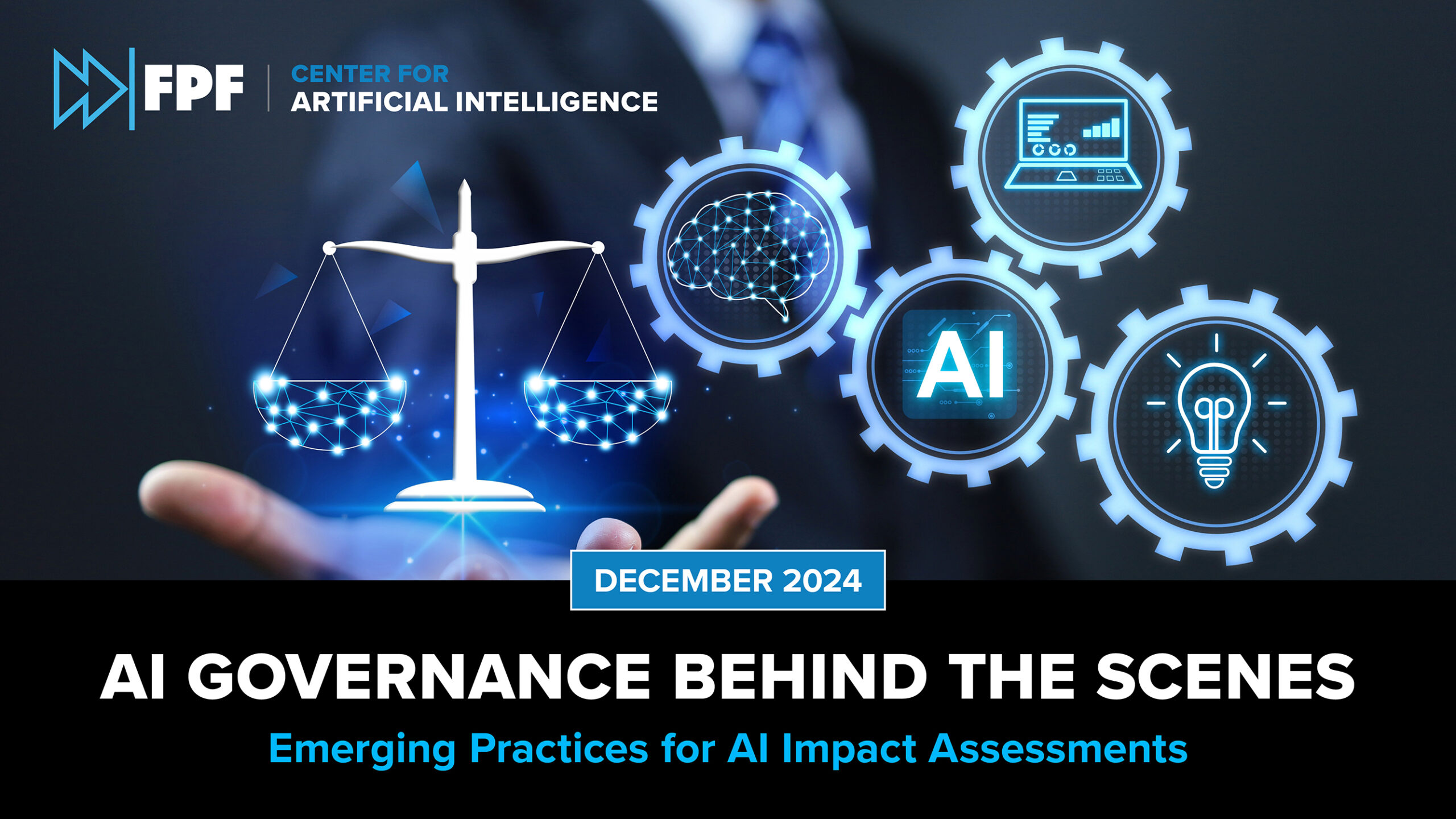
Lower-cost AI tools could improve tasks by giving more workers access to the innovation.
- Companies like DeepSeek are developing low-cost AI that could help some employees get more done.
- There could still be dangers to employees if employers turn to bots for easy-to-automate tasks.
Cut-rate AI may be shaking up market giants, but it's not most likely to take your job - at least not yet.
Lower-cost techniques to developing and training artificial intelligence tools, fishtanklive.wiki from upstarts like China's DeepSeek to heavyweights like OpenAI, will likely permit more people to lock onto AI's productivity superpowers, industry observers informed Business Insider.

For numerous employees fretted that robots will take their tasks, that's a welcome advancement. One frightening possibility has been that discount rate AI would make it easier for employers to switch in inexpensive bots for expensive humans.
Of course, that could still occur. Eventually, the technology will likely muscle aside some entry-level employees or those whose functions mostly consist of repeated tasks that are simple to automate.
Even higher up the food cycle, oke.zone staff aren't always free from AI's reach. Salesforce CEO Marc Benioff said this month the business might not employ any software application engineers in 2025 due to the fact that the company is having a lot luck with AI agents.
Yet, broadly, for lots of workers, lower-cost AI is likely to expand who can access it.
As it becomes more affordable, it's much easier to incorporate AI so that it ends up being "a sidekick instead of a threat," Sarah Wittman, an assistant professor of management at George Mason University's Costello College of Business, informed BI.
When AI's price falls, she said, "there is more of a widespread acceptance of, 'Oh, this is the method we can work.'" That's a departure from the mindset of AI being a costly add-on that companies might have a hard time justifying.
AI for all
Cheaper AI could benefit workers in areas of a company that frequently aren't seen as direct profits generators, Arturo Devesa, chief AI designer at the analytics and information company EXL, told BI.
"You were not going to get a copilot, maybe in marketing and HR, and now you do," he said.

Devesa stated the course shown by companies like DeepSeek in slashing the cost of developing and executing large language models changes the calculus for employers deciding where AI may settle.
That's because, for most large companies, such decisions aspect in cost, precision, and speed. Now, forum.altaycoins.com with some expenditures falling, the possibilities of where AI could reveal up in a workplace will mushroom, Devesa said.
It echoes the axiom that's suddenly all over in Silicon Valley: "As AI gets more effective and available, we will see its use skyrocket, turning it into a product we just can't get enough of," Microsoft CEO Satya Nadella composed on X on Monday about the so-called Jevons paradox.
Devesa stated that more productive workers will not necessarily decrease need for individuals if employers can develop new markets and new sources of revenue.
Related stories
AI as a commodity
John Bates, CEO of software application company SER Group, informed BI that AI is becoming a commodity much quicker than anticipated.
That indicates that for jobs where desk employees may need a backup or somebody to confirm their work, inexpensive AI may be able to action in.
"It's fantastic as the junior understanding employee, the thing that scales a human," he said.
Bates, a previous computer system science teacher at Cambridge University, said that even if a company currently prepared to utilize AI, the decreased costs would increase return on investment.
He also said that lower-priced AI might offer little and medium-sized businesses much easier access to the technology.
"It's simply going to open things as much as more folks," Bates said.
Employers still need people
Even with lower-cost AI, humans will still have a place, said Yakov Filippenko, CEO and founder of Intch, which helps experts discover part-time work.
He said that as tech companies contend on price and drive down the expense of AI, many companies still won't aspire to eliminate employees from every loop.
For instance, Filippenko stated business will continue to need designers due to the fact that someone needs to verify that new code does what an employer wants. He said business work with recruiters not just to complete manual labor; managers likewise want a recruiter's viewpoint on a prospect.
"They pay for trust," Filippenko said, referring to companies.
Mike Conover, CEO and creator of Brightwave, a research study platform that uses AI, informed BI that an excellent piece of what people do in desk jobs, in particular, includes tasks that could be automated.
He stated AI that's more extensively available due to the fact that of falling expenses will permit people' innovative capabilities to be "released up by orders of magnitude in terms of the sophistication of the problems we can fix."
Conover thinks that as rates fall, AI intelligence will also infect much more locations. He said it's comparable to how, decades ago, the only motor in a vehicle may have been under the hood. Later, as electric motors diminished, they showed up in places like rear-view mirrors.

"And now it's in your tooth brush," Conover said.
Similarly, Conover stated omnipresent AI will let specialists create systems that they can customize to the needs of jobs and workflows. That will let AI bots handle much of the grunt work and allow workers going to explore AI to take on more impactful work and possibly move what they're able to concentrate on.









